The U.S. is stepping up its efforts to address the snowballing monkeypox outbreak — the country’s largest to date by far, with 700 confirmed cases.
The Department of Health and Human Services announced Thursday that it will distribute 144,000 doses of the two-shot Jynneos vaccine, which is approved for monkeypox and smallpox, to cities and states starting Monday. That’s on top of 56,000 doses the department made available last week, of which 41,000 have been delivered.
The Centers for Disease Control and Prevention also announced Wednesday that Labcorp has begun testing for monkeypox at its main lab in North Carolina, which can accept samples from across the country. Labcorp expects to be able to perform up to 10,000 tests a week, the CDC said, which would double the country’s testing capacity.
Four other commercial labs are expected to begin testing in the coming weeks, as well, according to HHS.
Monkeypox has spread to 54 countries and territories where the virus isn’t endemic, according to the CDC, with more than 7,200 cases globally.
“We have a very good chance at snuffing out this outbreak if we apply the knowledge and the resources that we have appropriately. I’m still hopeful that we can accelerate contact tracing and the timing of detection to quarantine, isolation and vaccination of close contacts,” said Amira Albert Roess, a professor of global health and epidemiology at George Mason University.
But so far, U.S. vaccination and testing efforts have hit bottlenecks. All available vaccine appointments were quickly filled in New York City and Washington, D.C. And until Wednesday, cities and states were sending all specimens to labs in the CDC’s Laboratory Response Network to confirm infections, which led to waits for diagnoses.
“We are having an issue with supply chain management and logistics when it comes to both vaccines and testing,” Roess said. “We saw a lot of the same things with Covid, and we are seeing them, unfortunately, again with monkeypox.”
Demand for monkeypox vaccines outpaces supply
California had the highest monkeypox case count in the U.S. on Thursday (136), followed by New York (131), Illinois (91), Florida (72) and Washington, D.C. (60).
Monkeypox vaccines aren’t available to the general public; rather, several cities are distributing shots to people at high risk of contracting the virus. They include those who have had close physical contact with people known to have been infected, as well as men who have sex with men and who’ve recently had multiple partners. The virus has thus far disproportionately affected gay and bisexual men.
In Illinois, the health department said last week that Chicago would receive 3,200 doses, while the rest of the state would get an additional 1,300.
The New York State Department of Health said Thursday that it had received 8,200 vaccine doses, around 6,000 of which went to New York City. But as of Thursday, no appointments were available in the city. (Technical glitches in its online scheduling tool Wednesday allowed some people to make appointments prematurely and prevented others from scheduling vaccinations.) The New York City health department said it expected slots to open next week.
The Washington, D.C., government website, similarly, provides a link to schedule appointments but notes that all slots have been booked.
HHS has vowed to distribute 1.9 million doses in total this year, followed by 2.2 million more in the first half of next year.
Jynneos can be used to prevent monkeypox or decrease the disease’s severity even after a person is exposed to the virus. If it’s administered within four days of exposure, the shot can protect someone from getting sick, and it can reduce symptoms if it’s given up to two weeks after exposure.
However, Roess said, “if someone has a full-blown case of monkeypox, giving them the vaccine is not going to do anything.”
How monkeypox spreads
The World Health Organization said last week that men — mostly in their 20s, 30s and 40s — account for 99% of cases so far. But the WHO added that “small numbers of cases have also now been reported among household members, heterosexual contacts, and non-sexual contacts, as well as among children.”
The virus is known to spread through physical contact with an infected person’s lesions or rashes, respiratory droplets or contaminated items, like clothing or bedding. The WHO is investigating whether monkeypox might also be sexually transmitted.
“If your parent is actively shedding monkeypox virus, then you as the child hugging them are at risk for getting infected,” Roess said.
Like the U.S., other countries and municipalities are rolling out vaccines to high-risk groups, including the U.K., Berlin and several cities in Canada.
In the U.S., Roess said, “these doses that have been released should really be enough if they are strategically applied to the people who are at risk.”
But to know precisely who that is, she said, “you need contact tracers, you need communication experts, and we historically just don’t have that.”
Some people who were exposed to monkeypox have said they or their partners weren’t notified about the exposures or didn’t get diagnoses in time for vaccines to work.
“We can have all of the best resources in the world, but if we’re not able to use them in a timely manner, we’re not really going to make a dent in monkeypox transmission,” Roess said.

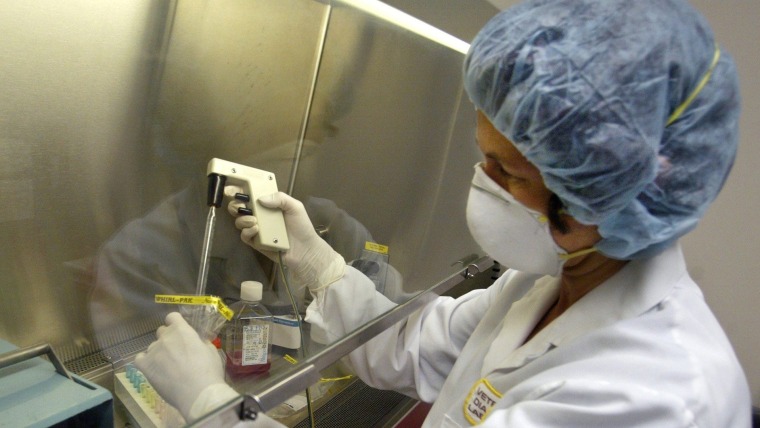
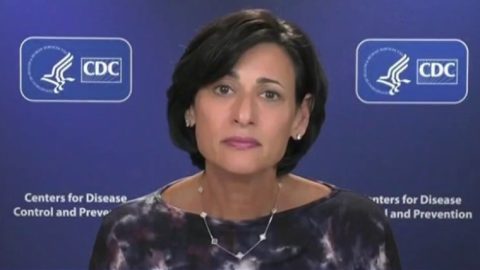
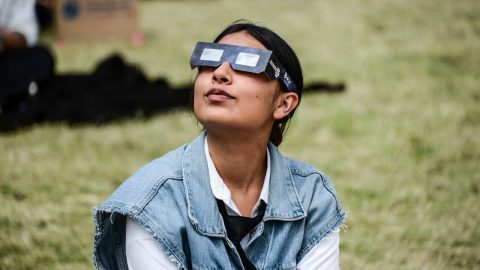
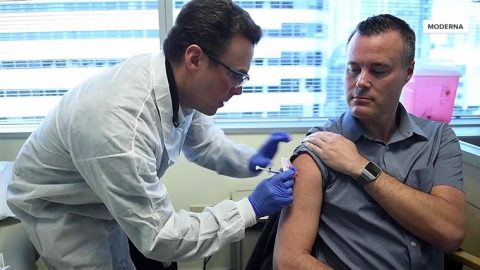
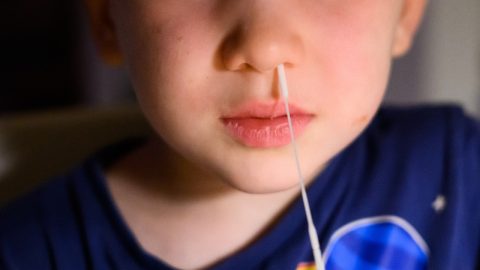
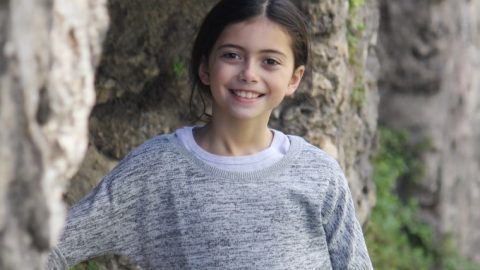
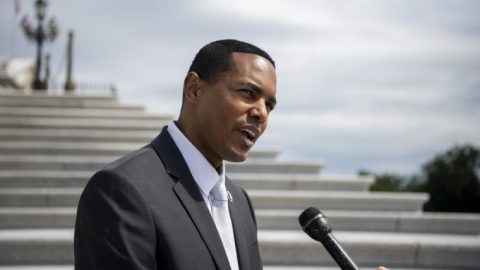

Recent Comments